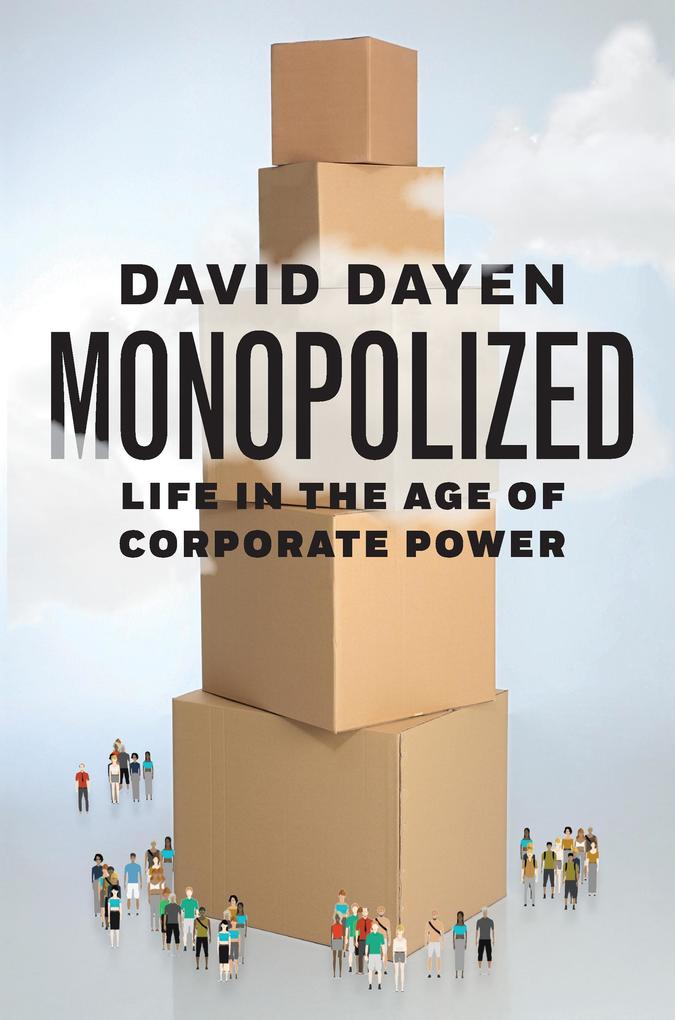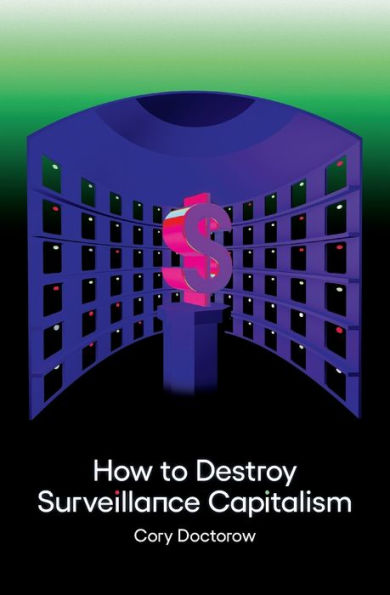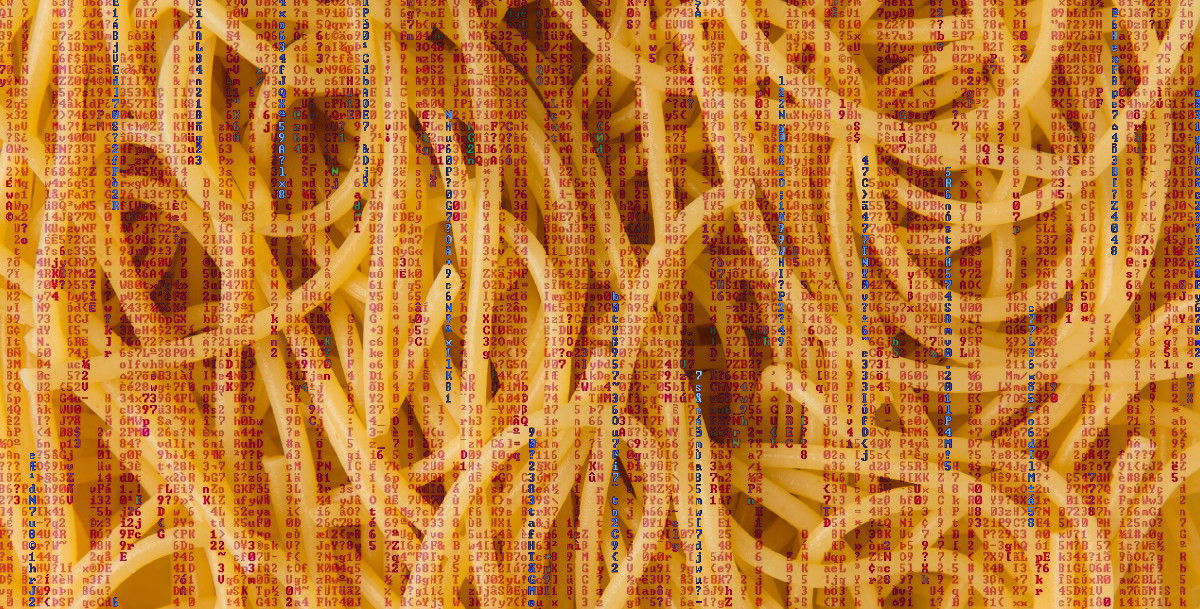
Every billionaire is a policy failure. Nearly every millionaire is a policy failure (selling a million books is not a policy failure). Every casino industry millionaire, though?
Definitely a policy failure.
1/
Definitely a policy failure.
1/

Take Rodney Baker, who made $10.6m in 2019 as the CEO of the Great Canadian Gaming Corporation, a national racetrack and casino operator. Baker resigned on Sunday, because he did something despicable even by the standards of the casino industry.
theguardian.com/world/2021/jan…
2/
theguardian.com/world/2021/jan…
2/
Baker and his wife, the actor Ekaterina Baker, chartered a small plane and flew to Beaver Creek, a tiny First Nations community, where they defrauded their way into getting covid vaccinations intended for elders in the White River First Nation.
yukon-news.com/news/former-ce…
3/
yukon-news.com/news/former-ce…
3/
The Bakers did not quarantine on arrival. Rather, they presented themselves at the remote Yukon community - a community whose isolation has offered some protection from the pandemic - as workers at a local motel. In so doing, they recklessly endangered the whole community.
4/
4/
Then they asked for a ride to the airport, which tipped off clinic workers. Officials caught them in Whitehorse and charged them under the Yukon's Civil Emergency Measures Act. They were fined $1150 each.
5/
5/
The White River First Nation has asked Yukon authorities to "pursue a more just punishment" (the Act provides for prison sentences of up to six months for violations); they fear that without meaningful penalties, other wealthy sociopaths will follow the Bakers' example.
6/
6/
I've been thinking about this all day, looking for a bright side. There is none. These millionaires will not go to jail. They won't face social sanction. They'll be invited to private islands and exclusive parties, wooed by charities and flattered by university fundraisers.
7/
7/
They are part of a long Canadian tradition of depraved, inhuman conduct towards First Nations people. The nation's money is slathered in pictures of people who did far worse, after all.
These evil, irredeemable people were just upholding a long Canadian tradition.
eof/
These evil, irredeemable people were just upholding a long Canadian tradition.
eof/
• • •
Missing some Tweet in this thread? You can try to
force a refresh










